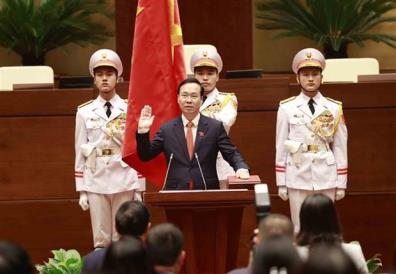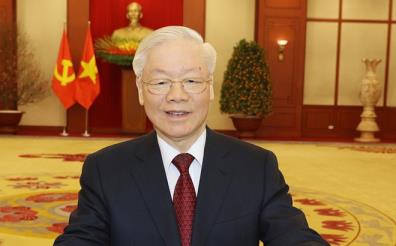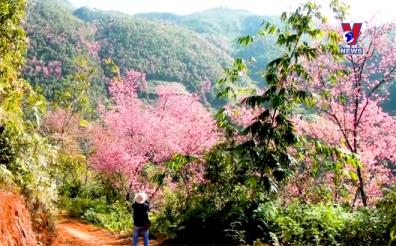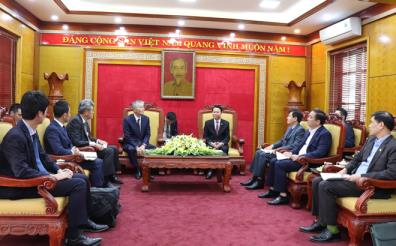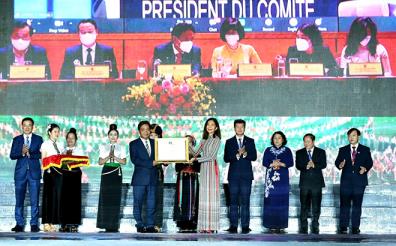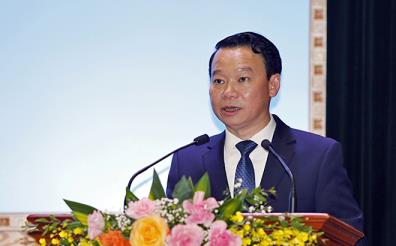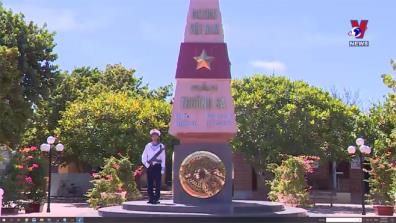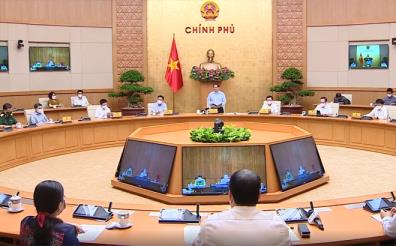Thanks to the development of unique and attractive tourism products across its key tourism areas, Yen Bai Province welcomed over 9 million tourist arrivals during the 2021–2025 period, including nearly 800,000 international visitors. Tourism revenue reached VND 7,189 billion, with an average annual growth rate of 32.7%.
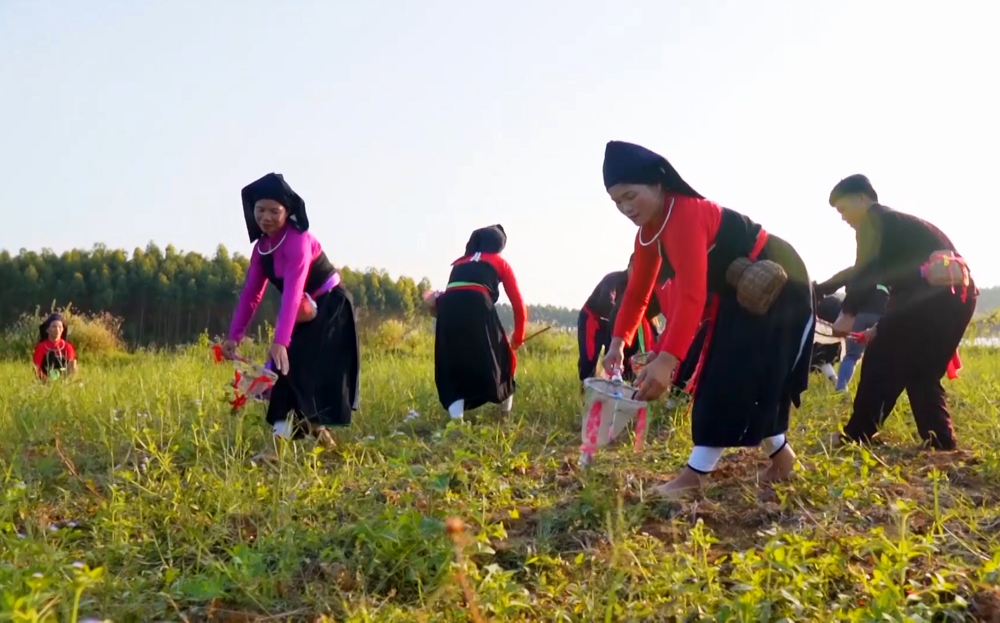
|
|
Yen Bai Leverages the Cultural Heritage of Ethnic Communities for Tourism Development
|
In recent years, Yen Bai has focused on building and developing signature tourism products specific to each tourism region, creating new highlights for the province’s tourism sector. The province has actively directed and creatively implemented strategies to build and position the tourism brand "Yen Bai – A Convergence of Northwest Colors,” aiming to develop a green tourism ecosystem based on a value chain model.
Key tourism products include: eco-tourism, wellness and resort tourism; experiential and adventure tourism; ethnic culture and festival tourism; visits to historical and cultural sites; and sports and recreational tourism.
In the Thac Ba Lake and Chay River region, efforts have focused on developing a rich, attractive, and high-quality tourism system that showcases the area’s unique cultural traits and intangible national heritage, such as the Khap coi art form. Notable tourism products in Luc Yen and Yen Binh districts include cultural tourism and distinctive festival tourism. The agricultural ecosystem on the lake’s islands has become increasingly diverse, offering agritourism experiences such as grape, watermelon, and melon harvesting, as well as fishing and shrimp trapping, forming valuable agricultural tourism products.
In Yen Bai City and surrounding areas, the focus has been on entertainment services and the development of accommodation facilities that meet tourist demand. Homestay chains have been established by converting rental homes to serve international guests in the city.
In the western region of the province, eco-cultural tourism products that preserve and promote natural and cultural heritage, as well as the local community’s traditional history, have been given special attention. Since 2021, the region has developed a number of distinctive, branded tourism products. Some local destinations have gained international recognition, further reinforcing Yen Bai’s tourism brand. Annual cultural and festival tourism events that celebrate ethnic traditions have become increasingly attractive to visitors.
Adventure tourism in Yen Bai has rapidly developed and established its own brand identity. Many new products—such as eco-resorts, hot mineral baths, and cultural experiences involving Thai, Mong, and Muong ethnic communities—have been introduced, attracting a large number of tourists. High-end resorts have been expanding, while seasonal flower fields in areas like Khau Pha Pass, La Pan Tan, De Xu Phinh, and Che Cu Nha have been planned and developed to draw tourists.
In the northern region of Tran Yen and Van Yen districts, spiritual tourism products associated with cultural and traditional festivals have increasingly affirmed their brand and attracted tourists. Several promising tourism products in Van Yen have begun to take shape, showing strong potential for future growth. Tourism offerings have become more diverse and professional, especially in nature exploration, resort tourism, and herbal wellness tourism with access to international markets. Tran Yen District has seen initial success with historical tourism combined with educational activities and golf tourism.
Manh Cuong

“Rural market” - a name that sounds so dear, familiar, and simple, never distant to anyone, in any region across Vietnam. Yet, each rural market in every land brings something new and unique that exists only in that place.

In the context of deepening digital transformation, artificial intelligence (AI) has emerged as a key technology, opening up new ways of working and supporting people across various essential fields. Recognizing the benefits that this technology offers, Yen Bai Province has encouraged government officials, civil servants, public employees, workers, and businesses to apply AI in their professional tasks and business operations. This move is considered a crucial step for Yen Bai to seize the opportunities brought by the technological revolution and gradually achieve comprehensive digital transformation.

The agricultural sector is currently facing numerous challenges, including climate change, the dominance of market economies, and unresolved issues such as pesticide residues and antibiotics in livestock farming. As a result, green agriculture has become a prevailing trend, both nationwide and specifically in Yen Bai Province.

In the context of a robust economic recovery, small and medium-sized enterprises (SMEs) continue to affirm their role as the "backbone" of the economy. Recognizing this vital role and proactively institutionalizing major central directives, Yen Bai Province is gradually creating a favorable environment and providing genuine support to help SMEs develop rapidly and sustainably, thereby contributing significantly to the province’s comprehensive socio-economic development.








